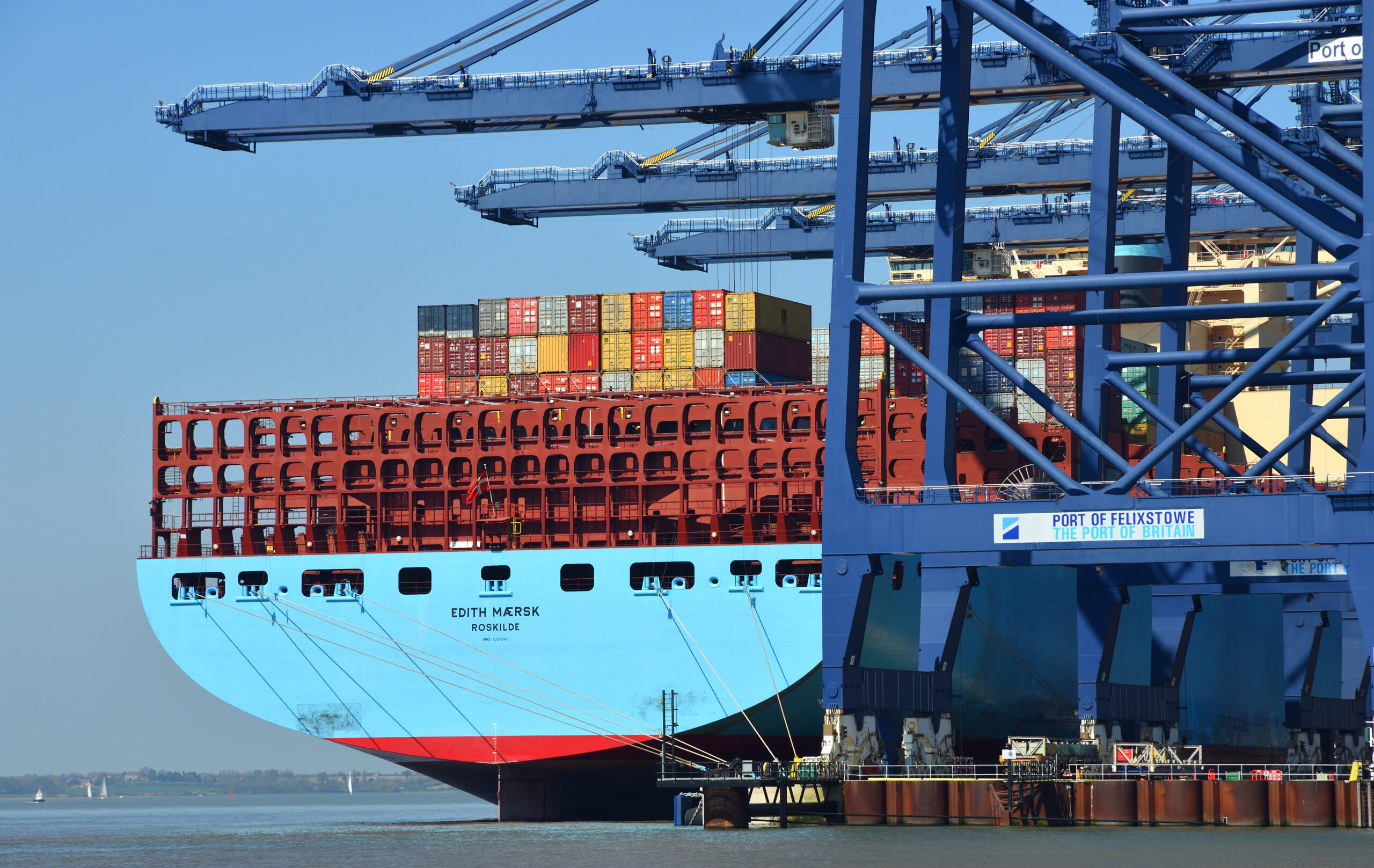A new Thesius report commissioned by Lloyd’s Register claims that the maritime artificial intelligence (AI) market has nearly tripled over the past 12 months.
‘AI technologies are being harnessed to optimise voyages, predict maintenance needs, enhance navigational safety, and manage energy consumption more effectively’, the report states. ‘The potential benefits are immense, from reducing fuel consumption and emissions to improving the reliability and safety of maritime operations.’
The rise in the maritime AI market ‘aligns with the industry’s increasing demand for energy-efficient and safe operations. Regulatory pressure and the desire from shipping lines to reduce their emissions and maintain competitive advantage present a huge opportunity for startups and SME technology providers’.
The report cites Hapag Lloyd’s AI-powered Fleet Deployment Optimiser, in partnership with Bearing AI, which enables customers to simulate future emissions and instantly compare the efficiency of different vessels across potential schedules.
Voyage optimisation is an important tool for decarbonising the maritime sector as it enables vessels to anticipate weather and sea state conditions and reduce fuel consumption and carbon emissions.
‘The findings of the report show that the maritime sector, often perceived as traditional and resistant to change, is now embracing AI with remarkable enthusiasm. This shift is driven by the need for greater operational efficiency, enhanced safety, and a commitment to sustainability. AI technologies are being harnessed to optimise voyages, predict maintenance needs, enhance navigational safety, and manage energy consumption more effectively,’ commenting on the findings, Mark Warner, Global Content and Communications Director, Lloyd’s Register said.



